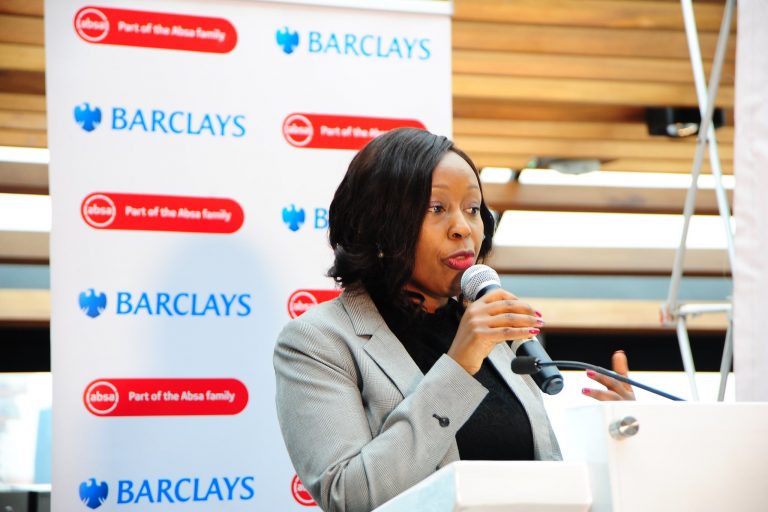
The need to support and sustain SME businesses conceived the idea of introducing an Enterprise and Supply Chain Development programme ESD to bridge the funding gap in the value chain.
Statistically, SMEs contribute 49 per cent of GDP on average in high-income countries and 29 per cent in low-income countries. This shows how important SMEs are to our economy and the reason why Barclays saw it fit to invent innovative products and services to support and grow them.
According to a 2016 World Bank Enterprise Survey, 41 percent of SMEs in low income countries reported that access to finance is the major constraint to their growth and development
“Our ESD proposition is, therefore, working towards addressing the funding gap in this value chain and since launch, we have laid a strong foundation for the proposition. We can confidently say that we are now ready to build further on it by offering it to more clients and as time goes by, we shall be availing more resources to support the product,” said Karen Kambi, head of ESD at Barclays Bank of Kenya
“With this product, we are unlocking a funding solution for our SMEs and thus helping them to remain afloat and in business,” she added.

The solutions come with several quick wins including the fact that processing time between the time of application to the time of disbursement is greatly reduced, especially with the introduction of a web-based system. The bank only needs a company’s last six months bank account history and a contract with the client.
“ESD is a key driver of the Corporate and Investment Banking Africa client centricity strategy and one of the key contributors to Absa Group’s Shared Growth strategy which provides that as we prosper, the communities where we operate in must also prosper as well,” said James Agin, Corporate and Investment Banking Director Barclays of Kenya.
“That is the reason our banking solutions are targeted at the entire ecosystems of our customers. We view them more holistically and therefore aim to provide solutions not only for them as corporate organisations but also to their employees, suppliers and other partners, out of the understanding that the prosperity of these organisations is dependent on the ability of these key constituents to deliver,” he added.
The ESD solution is designed to provide SMEs operating within the value chains of these organisations with unsecured loans as a bridge to any working capital challenges that they may be facing. This enables them to sustain current operations and ultimately expand their businesses.
The Enterprise and Supply Chain Development programme in Kenya is anchored on three key pillars which are: easy access to finance, enterprise development, and access to markets.
1. Easy Access to finance.
SMEs are the economy’s growth engine and form a big part of corporate value chains. However, access to funding remains one of the biggest impediments to their growth. This led to the bank thinking through how to best serve this important sector of their business and backbone of Kenya’s economy.
Come up with an innovative solution that will allow companies that supply goods and services to corporate organisations to access funding. Funding under ESD is anchored on the contractual arrangement between the corporate organisations and the SMEs in their value chains.
They have also developed a web-based platform that will transform ESD lending into a digital platform. Barclays wants to ensure that access to finance is easy and fast. All funding request for LPO financing & Invoice discounting will be received online.
2. Enterprise development
Apart from access to capital, other challenges that SMEs face daily include inadequate skills, changes in technology, retention of talent among other issues. Barclays understands that these challenges make it difficult for SMEs to effectively run their businesses.
In addition to funding, the ESD programme also provides capacity building forums in partnership with the Barclays Business Club. Trainings are customised to respond to the needs and issues facing these businesses.
3. Access to markets
The next frontier for this programme is to create an online marketplace for suppliers, who by their profiling and positive credit rating, can market their products and services to other corporate organisations with ease. This has been implemented in South Africa with great success and we are planning to draw from this experience to introduce our own programme next year.
The platform will not only offer unsecured loans to SME’s but will also act as a corporate platform to ease invoicing, build enterprises through financial skills, processes, technology, enterprise development, membership in the Barclays business Club and access to markets.
